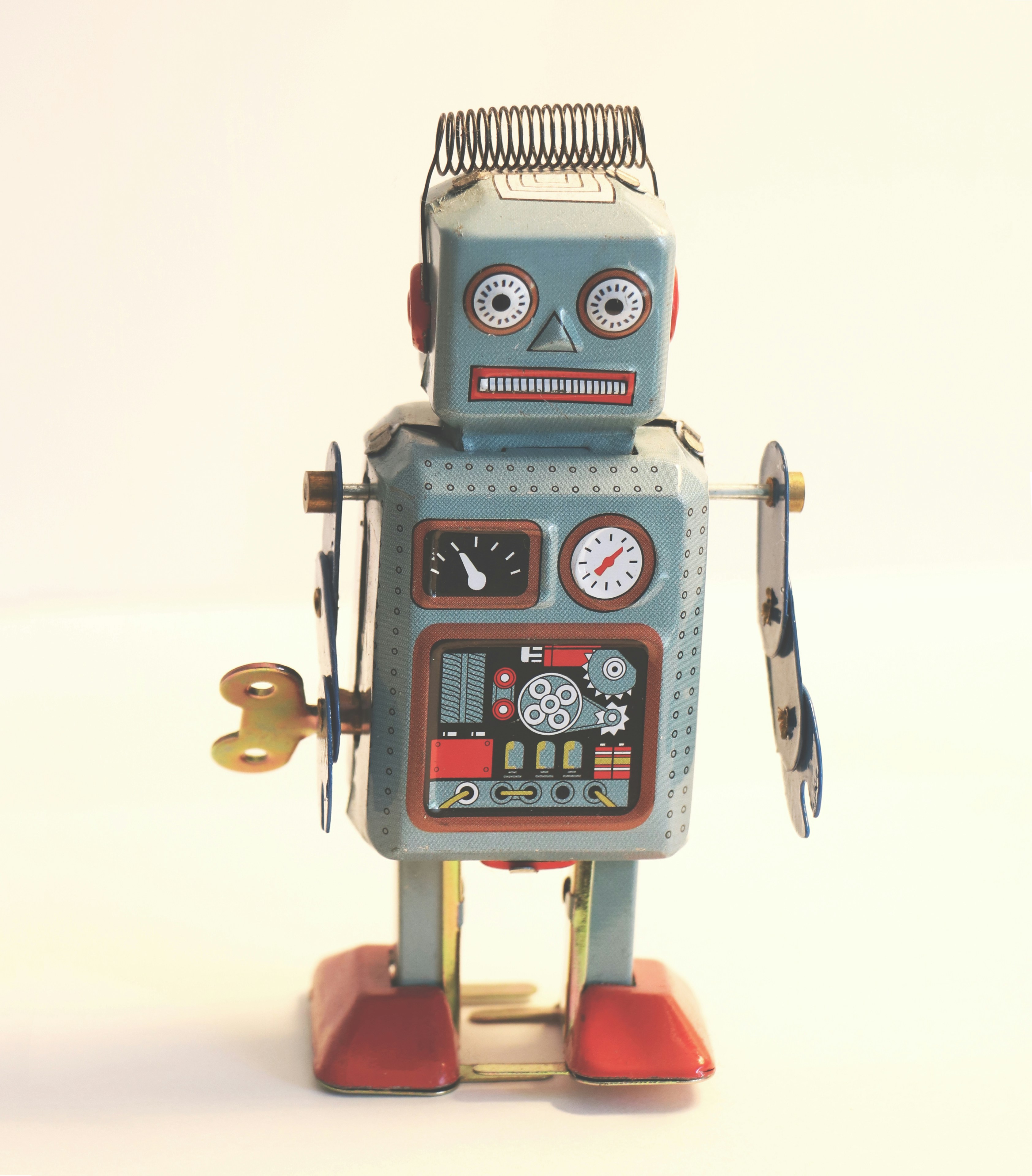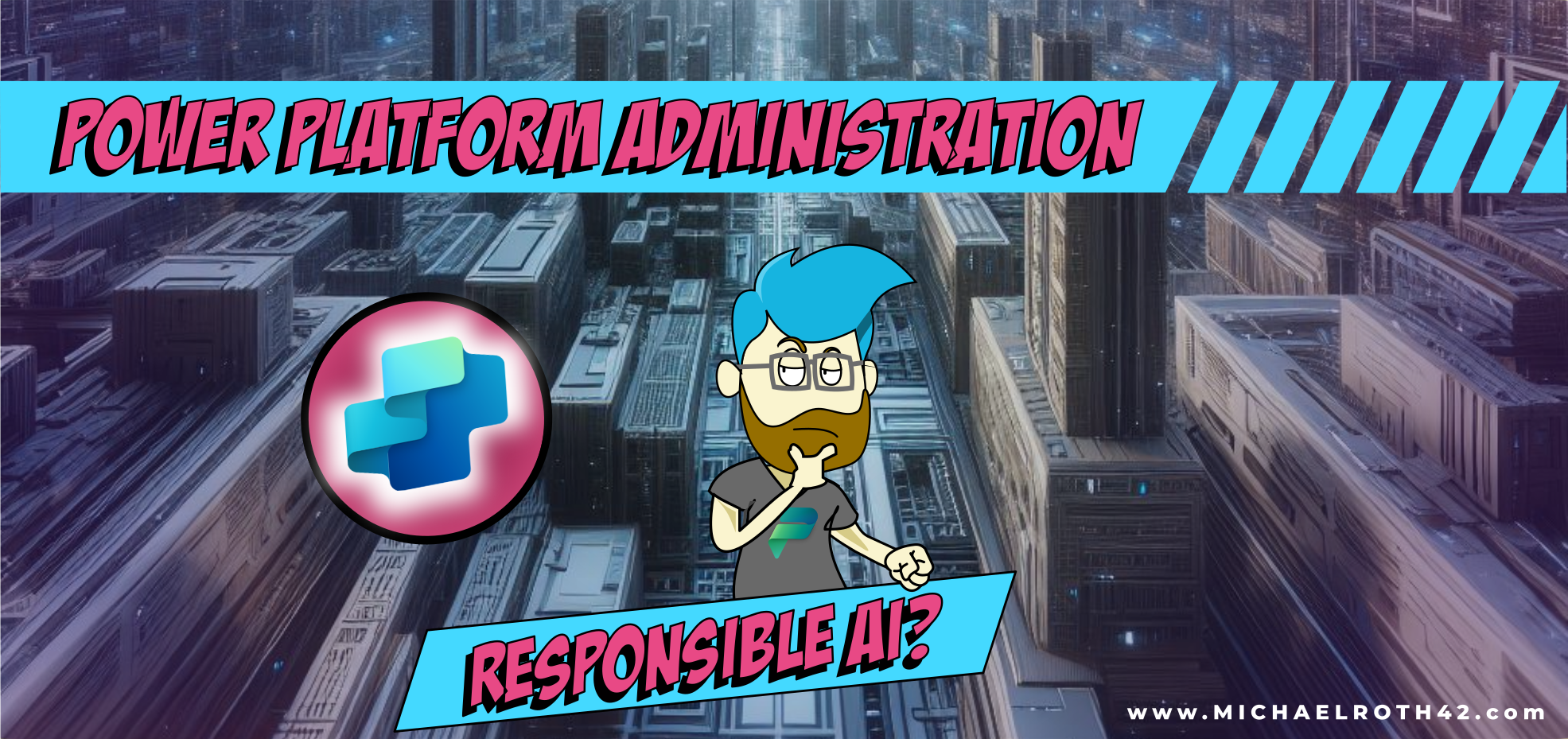Open Source Changed Tech—Can It Change AI Too?
What If AI Was Open Like Code?
Imagine a world where AI wasn’t locked behind corporate walls but instead shared, improved, and governed by the community—just like open-source software. What kind of impact would that have? Could we break free from AI models that prioritize profit over people?
The Power of Open Source
Not too long ago, open source was seen as a niche movement—idealistic, chaotic, and risky for businesses. Many dismissed it as something that would never scale or be taken seriously in the corporate world. But over time, developers and communities proved otherwise. They built tools, frameworks, and platforms that outpaced proprietary alternatives. They shared knowledge, improved each other’s work, and ultimately changed the industry. Today, open source is the foundation of modern tech. Even Microsoft, once known for its closed ecosystems, fully embraced open source by acquiring GitHub and supporting projects like VS Code, .NET, and many more. The shift didn’t happen overnight, but it was driven by a belief in transparency, collaboration, and shared innovation. And it worked.
AI can be a force for good—but only if we take charge of its direction.
AI Needs the Same Shift
Now, we’re standing at the beginning of a new transformation: AI. But instead of fostering collaboration, most AI advancements are happening behind closed doors, controlled by a few large companies. AI is being used primarily as a profit driver, with little transparency, accessibility, or ethical oversight. We see the same problems being solved again, just with AI—often without adding real value. But what if AI followed the path of open source?
A Solarpunk Vision for AI
Whenever I think about AI serving human needs, I think of Solarpunk. Solarpunk is a vision of the future where technology and nature coexist harmoniously, where innovation serves communities rather than just corporations. It’s about sustainability, accessibility, and shared knowledge. Even if it sounds cheesy, it’s a vision of the future that I find beautiful. Whether we can achieve it, I don’t know, but I do know that I will try. I want to actively shape how technology, and AI in particular, influences our lives!
I know, it’s just an utopian thought, and the current challenges we face are not easy to solve, but I love the spirit that this short video from THE LINE transports 🥰 (this is a version without ads. The original version was produced for Chobani, an american company that produces dairy products).

The AI Gimmick Phase
Right now, AI is often used more as a gimmick than a revolutionary tool. Many applications are just fancy automation rather than groundbreaking innovations. Some examples include:
AI-Powered Email Drafting – Many tools suggest replies based on common phrases, acting as glorified autocomplete.
AI Meeting Summaries – These often just transcribe and apply basic summarization rules, not real intelligence.
Chatbots for Customer Service – Many AI chatbots still follow decision trees, with AI-generated sentences making them sound more natural but not solving deeper problems.
AI-Powered Presentation Builders – These tools reformat templates based on keywords, rather than creating anything fundamentally new.
AI-Personalized Marketing – Many “AI-driven” marketing solutions are just automated A/B testing wrapped in a fancy UI.
While these tools reduce manual workload and error-proneness, they aren’t the mind-blowing breakthroughs many people expect. This tells us two things:
🚀 We are still at the very beginning of the AI era. Much of what we consider AI today is not yet transformative. 🎯 If we are at the beginning, we have a real opportunity to influence AI’s development and ensure a mindset shift from the start.

Photo by Rock’n Roll Monkey on Unsplash
Rethinking AI’s Purpose
The real challenge is shifting our mindset. AI shouldn’t just be about automation or optimizing profits—it should serve human needs. That means we, as individuals, need to think critically about the AI tools we use and support. Are they designed to empower communities? Do they contribute to sustainability, accessibility, and ethical responsibility? We have to push back against the idea that AI is only valuable if it generates revenue and instead advocate for AI that solves real-world problems in meaningful ways.
We Don’t Need Permission
We don’t need permission to make the change we want to see in the world. We can start today, right now, by thinking differently, by sharing, by questioning the status quo. Change happens when people take action—not when they wait for corporations or governments to lead the way.

Photo by Koshu Kunii on Unsplash
Building AI Like We Built Open Source
It’s like Power Platform or Low-Code. We should share our knowledge, our components, and our ideas and successes. When we start making our work transparent and invite others in, communities form. And communities drive innovation. We’ve seen it happen before: GitHub became the place where developers came together to build, improve, and share. The low-code movement enabled more people to create solutions without needing traditional coding skills. If we take the same approach with AI—open AI ecosystems where models, datasets, and tools are accessible to all—we could enable small businesses, individuals, and communities to shape AI for the benefit of people, not just corporations.
How Do We Get There?
But how do we get there? By starting small. Here’s what we can do:
✅Educate ourselves and others – AI is still widely misunderstood. Sharing knowledge helps break down barriers.
✅Support open AI initiatives – Contribute to or advocate for open AI projects that prioritize transparency and collaboration.
✅Be critical of AI products – Ask how AI is being used, who benefits from it, and whether it truly adds value to people’s lives.
✅Engage in ethical discussions – AI affects society, and those conversations shouldn’t just happen in boardrooms. Talk about AI’s impact with colleagues, friends, and communities.
✅Push for transparency – Demand that AI companies disclose how their models are trained and what data is used.
✅Experiment and share – Just like with open-source software, small projects and shared ideas can lead to larger movements. Start building and sharing what you learn.
✅Encourage responsible AI use in the workplace – Challenge your organization to adopt AI responsibly and advocate for transparency in AI decision-making.
✅Build community-driven AI projects – Collaborate with others to create AI tools that serve communities rather than just corporate interests.
How Citizen Developers Can Lead the Way with Copilot Studio
Citizen developers using Copilot Studio have a unique opportunity to take this movement forward. With low-code AI tools, they can actively shape how AI is applied in workplaces, communities, and daily life. Here’s how:
Create transparent AI assistants – Use Copilot Studio to build AI solutions that are explainable and easy to audit.
Document AI workflows and decisions – Ensure that AI applications include clear documentation so others can understand how they function.
Develop AI that empowers people – Focus on AI that supports employees, helps automate ethical and responsible workflows, and promotes accessibility.
Encourage AI literacy in organizations – Share knowledge with colleagues about responsible AI development and foster discussions about ethical AI use.
Contribute to open AI projects – Even in low-code environments, sharing components, frameworks, and best practices can make AI more transparent and collaborative.
Advocate for governance and fairness – Ensure that AI assistants built with Copilot Studio follow governance rules that support inclusion, fairness, and ethical decision-making.
Promote openness in AI solutions – Design Copilot solutions that provide visibility into how decisions are made and avoid unnecessary complexity or opacity.
By actively using Copilot Studio to create AI solutions that prioritize openness, fairness, and accessibility, citizen developers can help bridge the gap between AI innovation and responsible, human-centered technology.
A Future We Create
Openness has already revolutionized tech once. Why not again? The same way developers built the open-source movement, we can build an AI future that is transparent, ethical, and focused on real human needs. The question is: are we ready to take that step?
Thanks a lot for reading, and if you have comments, questions, or remarks, feel free to contact me on social media. I’m happy to chat and help and learn 😉
Michael on Bluesky and LinkedIn
Thank you for reading!
